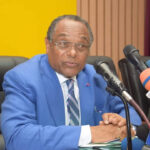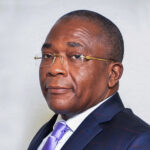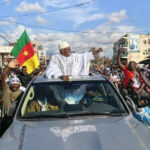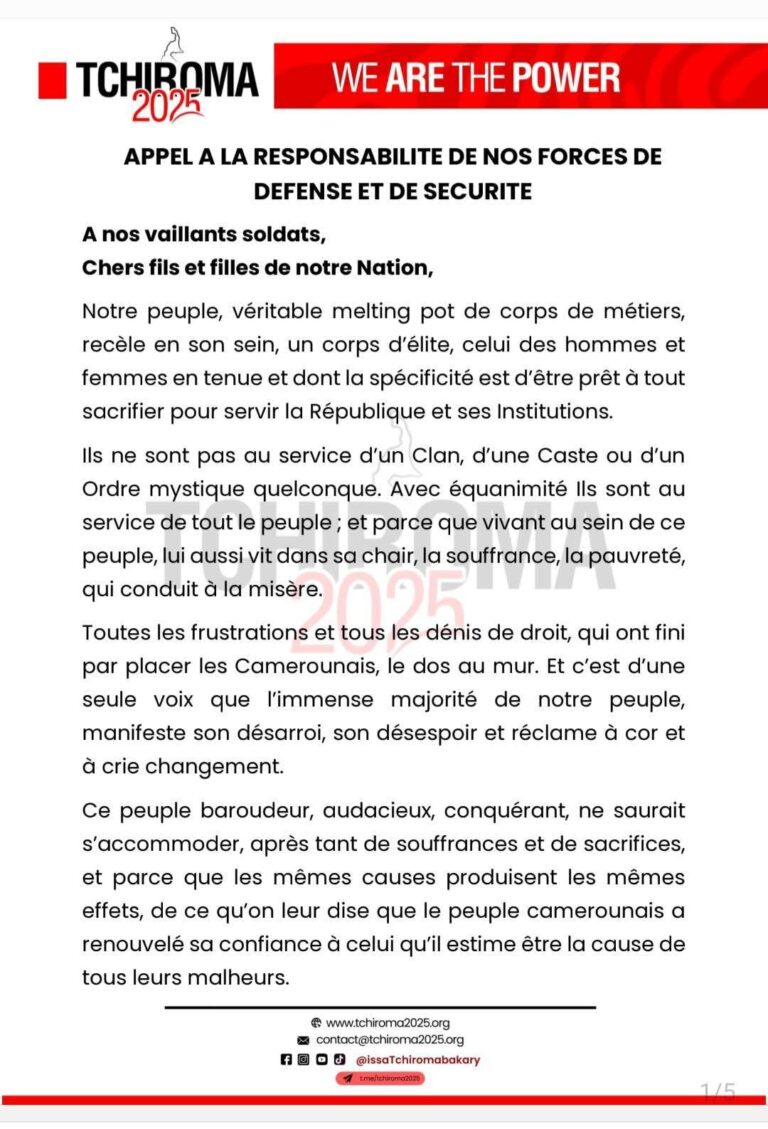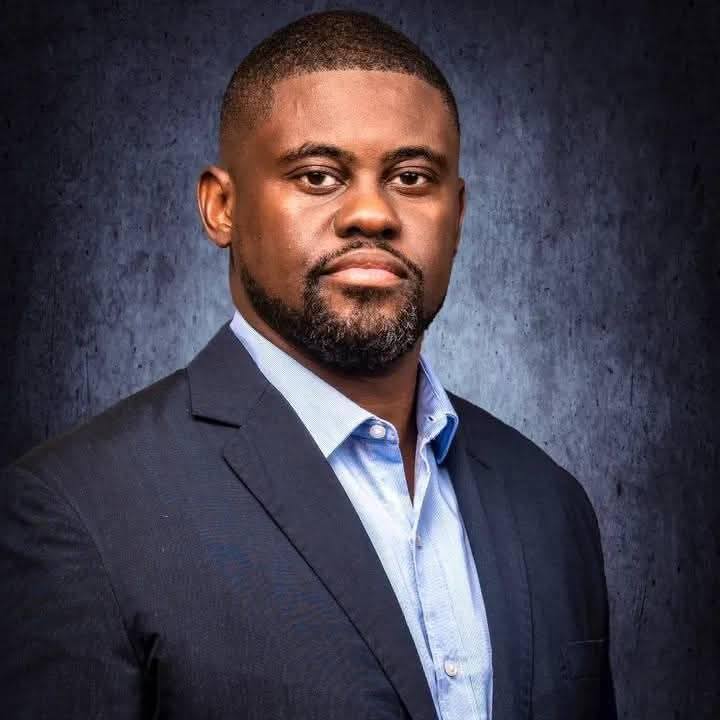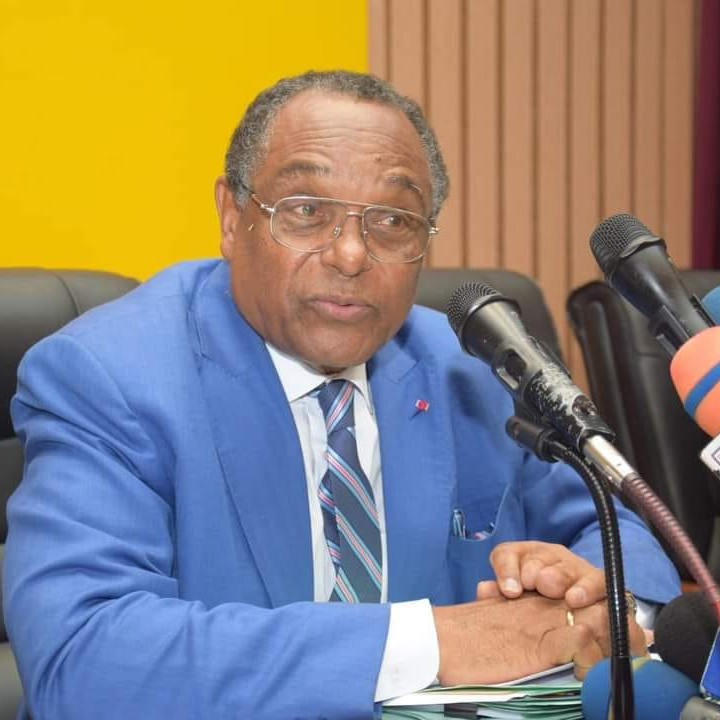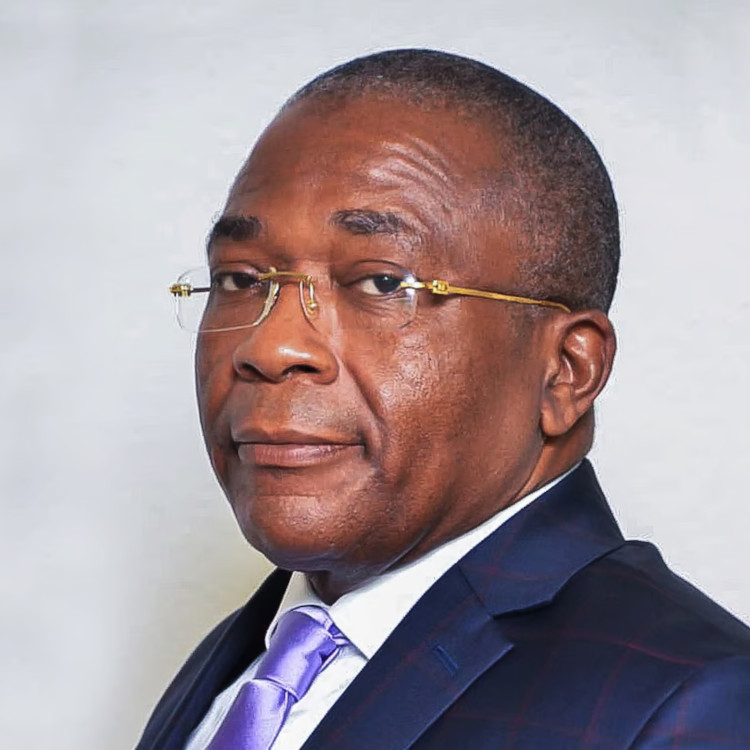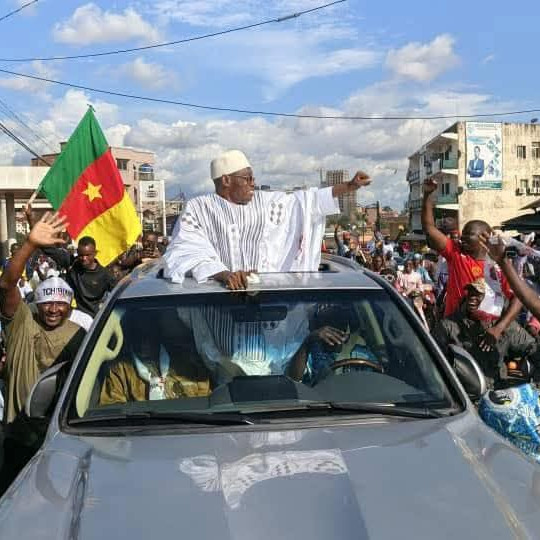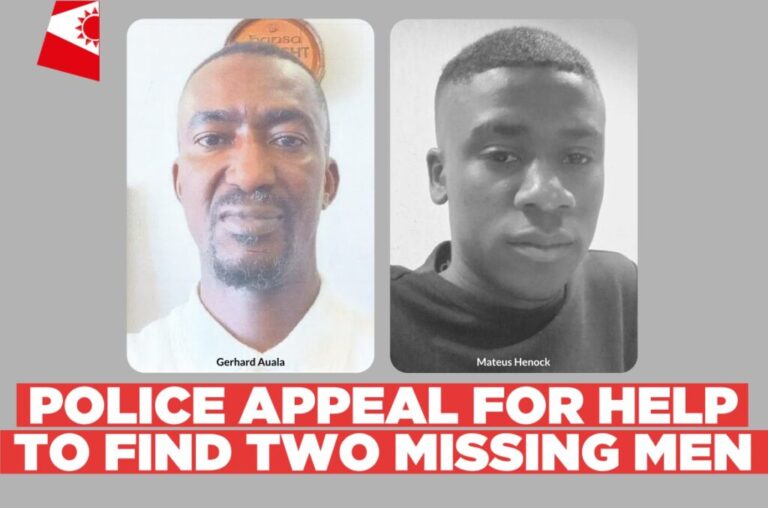The People’s President: Raila Odinga, Kenya’s Political Titan Dies at 80
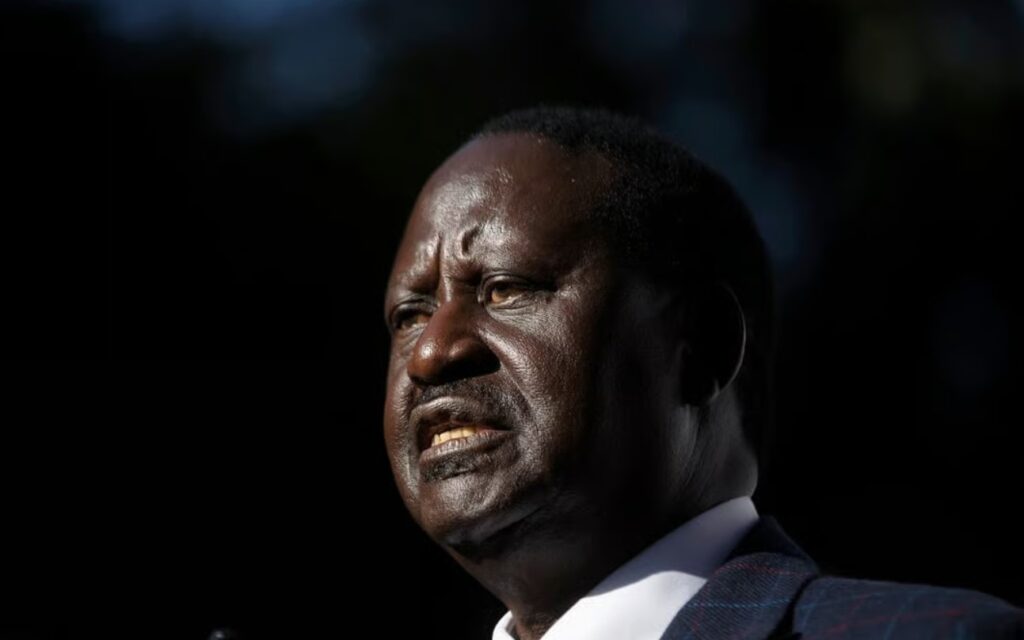
Multiple outlets in India and internationally are reporting that former Prime Minister Raila Amolo Odinga has died in Kochi, India, following a cardiac arrest on Wednesday, October 15, 2025.
Early reports say he collapsed during a morning walk at an Ayurvedic facility and was pronounced dead at a nearby hospital.
Time of death reported in India was 9:32 am, which was about 7:02 am Nairobi time.
A local police officer said that information regarding Odinga’s death had been conveyed to the FRRO (Foreigners Regional Registration Office) for necessary procedures as per protocol.
As we publish, Kenya is still awaiting a formal statement from the family, the government or ODM headquarters.
The news caps a week of intense speculation about his health. Over the past few days, ODM officials and family members had dismissed claims that he was critically ill, saying he was recuperating abroad.
Fact-checkers had also flagged viral videos and graphics about his supposed death as fake, noting the use of edited or AI-generated media.
Siaya Senator Oburu Oginga told journalists on Sunday that his brother had been “indisposed a little” but was “up and about” and resting in India, urging Kenyans to ignore exaggerated claims about his condition.
Those denials, followed by today’s reports from Kochi, have left many Kenyans processing a dizzying turn of events.
If confirmed, the death of Raila Odinga would close the chapter on one of the most consequential political careers in Kenya’s post-independence era, a career that shaped opposition politics, constitutional reform, and coalition governance for more than three decades.
Born on January 7, 1945 in Maseno, Raila was the son of Jaramogi Oginga Odinga, Kenya’s first Vice President.
He studied in East Germany in the 1960s, trained as an engineer, and later built East African Spectre, a gas-cylinder manufacturing company that became a signature of his private-sector profile.
His political life was forged in confrontation with the Moi state. After the failed 1982 coup attempt, Raila was detained without trial for years, emerging as a central figure in the struggle for multiparty democracy.
That legacy made him a lodestar for reformist politics through the 1990s.
Through a series of party realignments in the late 1990s and early 2000s, from NDP’s surprise pact with KANU, to LDP, then ODM,b Raila became the dominant face of the opposition.
He served as Minister for Energy, then Minister for Roads, Public Works and Housing, before his most prominent executive role as Prime Minister in the Grand Coalition Government from 2008 to 2013.
As Prime Minister, he helped steer a fractious coalition after the 2007/08 post-election crisis, backing a reform agenda that culminated in the 2010 Constitution.
His supporters credit him with pushing devolution to the center of national policy, while his critics never tired of pointing to political zigzags and hard-edged tactics.
Raila ran for president five times, 1997, 2007, 2013, 2017, and 2022, losing narrowly in several contests and repeatedly challenging results.
In 2018 he stunned friend and foe with the “handshake” that thawed relations with President Uhuru Kenyatta, a move that eased national tensions but split parts of his base.
Regionally, he served as the African Union High Representative for Infrastructure Development from 2018 to 2023, then mounted an ambitious bid to chair the African Union Commission in 2024–2025, which ultimately fell short.
In 2025, President William Ruto tapped him to help mediate an escalating crisis in South Sudan, underscoring his stature as an elder statesman beyond Kenya’s borders.
Beyond politics, Raila cultivated the persona of “Baba,” a populist brand built on rallies, reformist rhetoric, football fandom, and a willingness to test boundaries.
His family life, with Ida Odinga and their children, including the late Fidel, anchored many of his public moments, from triumphs to tragedies.
Kenya will look for clarity in the hours ahead. Protocol around national mourning, flags, and funeral arrangements hinges on official confirmation.
Given his unique place in the country’s political memory, the tributes, and disputes about his legacy, will be both emotional and exhaustive.
We’ll continue with this coverage as we know more.



